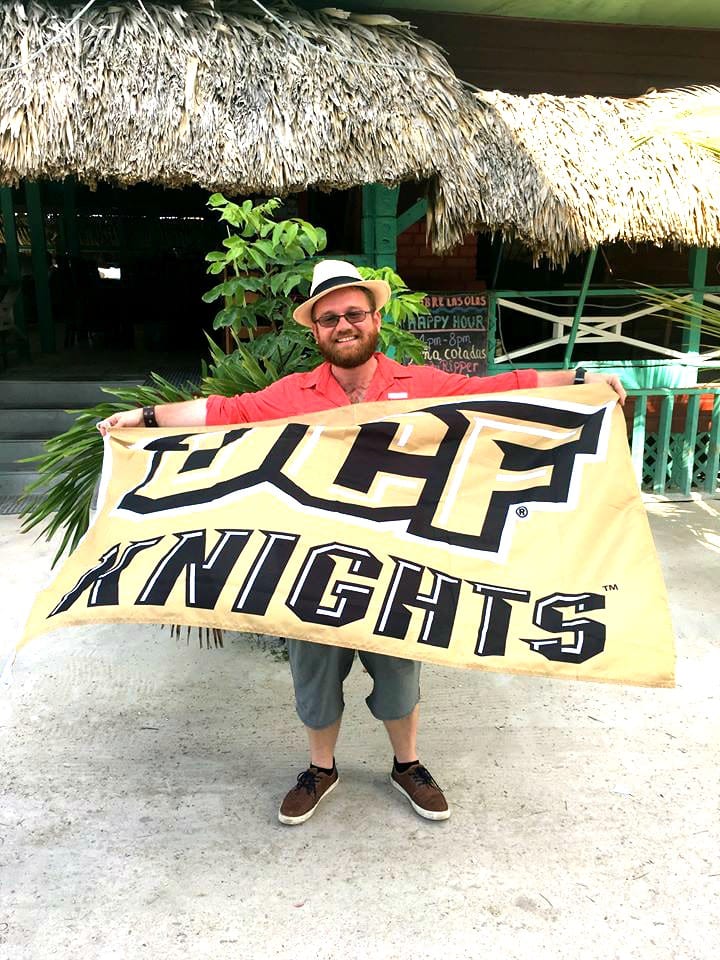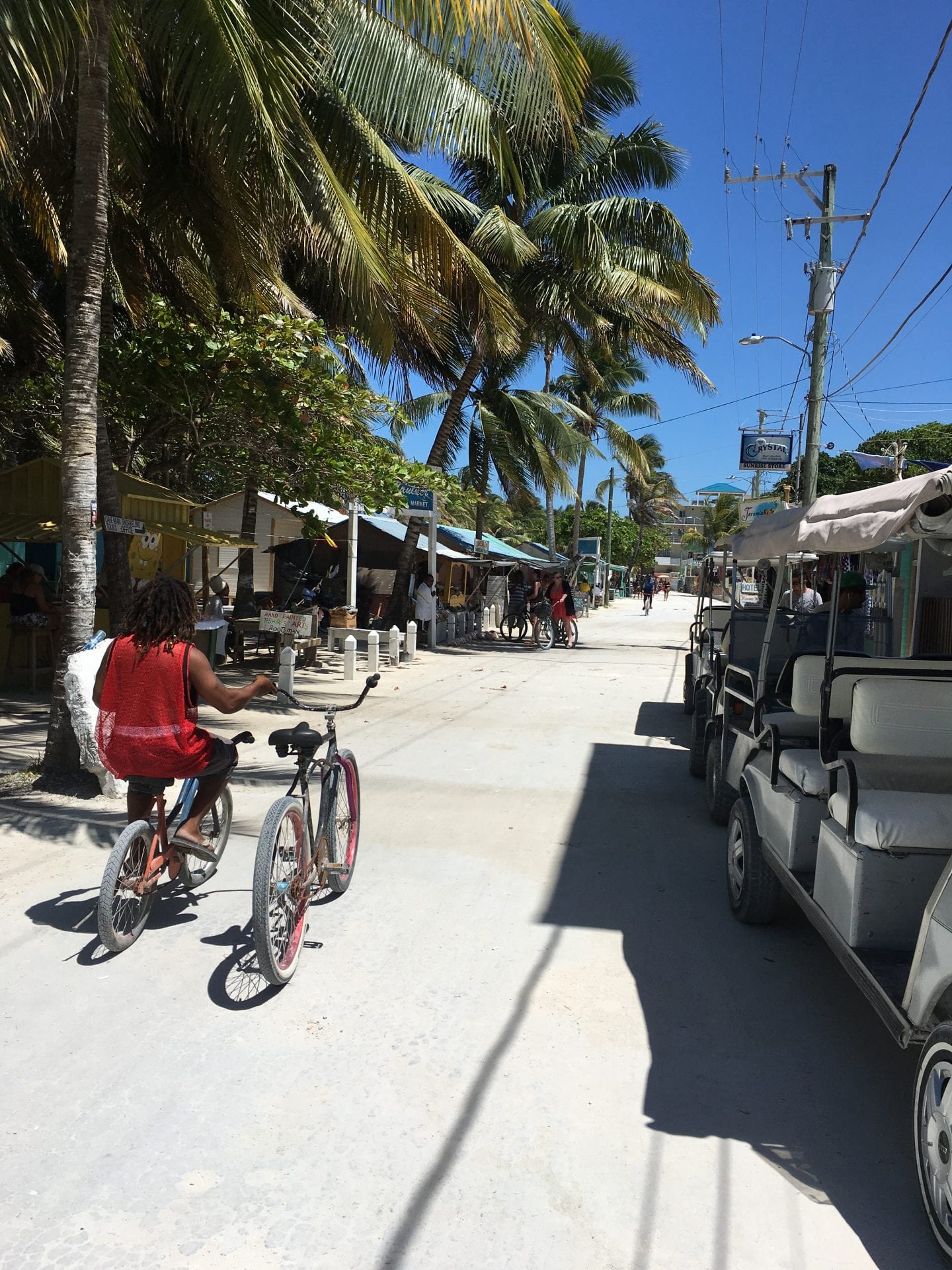Zika in Belize: Researching an Epidemic

University of Central Florida master’s student Deven Gray is utilizing his research skills in Belize to help spread awareness of the dangers of an infamous virus, Zika. Gray, expected to graduate in spring 2018, is a cultural anthropology student with a focus on infectious diseases and medical anthropology.
He was drawn to anthropology as an undergraduate at UCF. Gray became concerned with growing global epidemics and wanted to contribute to public health discussions. His interest revved up when the Ebola crisis of 2015-2016 was a hot topic in media discourses and in his field of anthropology. But as Ebola fell out of the public eye, Gray’s interests shifted to another troubling disease that was gaining ground internationally.
“By the time I was accepted into the master’s program, Ebola was on the decline and a new epidemic was grabbing everyone’s attention – Zika,” Gray said.
He became involved with the virus after seeing the impact it was having internationally, as well as the political repercussions and debates that were instigated by attempts to shift national emergency funds from Ebola to Zika.
Gray found that most people didn’t believe Zika was a major threat because they weren’t trying to get pregnant or didn’t live in areas currently affected by the virus. To change these perceptions, Gray wanted to increase awareness of the virus and inform people of the different ways Zika could be contracted or spread. To do this, he would have to study Zika at a location where it has already impacted communities.
“With countries in Central and South America bearing the brunt of Zika cases, I turned my interest to the country of Belize where I had performed preliminary fieldwork with plans to return for my master’s thesis,” Gray said.
Medical anthropology fieldwork is a long-term process. It usually entails studying affected communities to see a clearer picture of cultural contexts and community perspectives. This could involve interviewing local individuals to see what they know about Zika, researching what health specialists are doing, and bringing to light anything else that can potentially contribute to understanding the impact of this virus.
For Gray, this meant he will be living in two separate communities in Belize this summer, Caye Caulker Island and the Maya village of San Antonio, to investigate individual perspectives concerning the Zika virus and health intervention efforts from policy makers, health specialists and even vector control.
 And his diligent work isn’t going unnoticed. The National Geographic Society’s Early Career Grant is awarded to individuals who are beginning professional research. After applying for the grant, Gray was later accepted as one of its few recipients. The grant will help gray by providing him the opportunity to focus on his work rather than worrying about finances while conducting his research in a foreign country.
And his diligent work isn’t going unnoticed. The National Geographic Society’s Early Career Grant is awarded to individuals who are beginning professional research. After applying for the grant, Gray was later accepted as one of its few recipients. The grant will help gray by providing him the opportunity to focus on his work rather than worrying about finances while conducting his research in a foreign country.
Gray wants everyone to be informed and safe when it comes to infectious diseases. He has parting words for those traveling to areas that have had known cases of Zika.
“I highly recommend consulting with a physician both before and after the journey,” Gray advised. “The Centers for Disease Control and Prevention urges pregnant women to avoid areas with known Zika, and for good reason due to microcephaly, but we must all be vigilant to prevent this epidemic from spreading further than it already has.”
Looking toward the future, Gray wants to continue his education and research in the field.
“After I complete my master’s in cultural anthropology at UCF, I will pursue a Ph.D. in medical anthropology,” Gray said. “I hope to become a scholar in the field of anthropology of infectious diseases and a professor in the process.”
